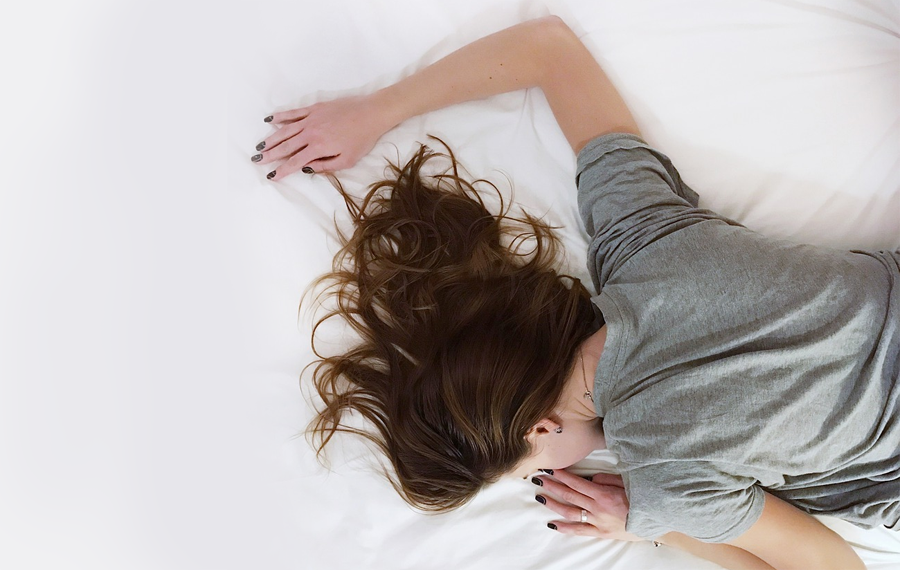NuCalm, a manufacturer of a topical cream and dietary supplements, that are designed to counteract adrenaline sleep system (for only $89.99 a bottle), has created a sleep system at the heart of which is CES (cranial electroterapy stimulation).
In New York City, the only other place people can get NuCalm is at a handful of dentists’ offices, where the system is used on anxiety-prone patients before some treatments, and at ReCOVER, an athlete-focused recovery studio that just opened.
“Without sleep, everything else, all that exercise and eating right, is moot,” says personal trainer Aaron Drogoszewski, who is also a co-founded the studio.
This is how a customer describes her experience with NuCalm at ReCOVER:
My session begins in a leather recliner chair. A personal trainer has me rub a gel on my neck that he says will “block adrenaline.” The gel contains GABA, a neurotransmitter, and L-Theanine, an amino acid. They work together to open up the GABA receptors in your brain so that the body can relax, claims Solace Lifesciences, the 16-year-old company behind the NuCalm system. These ingredients are generally recognized as safe by the FDA — but are not cleared for use as a sleep therapy.
The trainer then sticks two electrodes to my neck, which will send low pulses of electric currents to my brain to calm my nerves. Admittedly, this does not sound relaxing at all, but I trust that the FDA knew what it was doing when it cleared this type of treatment — cranial electrotherapy stimulation — for treating insomnia, depression and anxiety in 1979.
Next, he hands me noise-canceling headphones that play “binaural beats” — it sounds like your average spa soundtrack, but with separate, slightly different inaudible frequencies delivered to each ear. When heard together, the brain perceives these “binaural beats” as a totally different sound, and some studies have suggested they can boost mood, lower anxiety and improve focus. I cover my eyes with a light-blocking eye mask — the kind that lets you open your eyes and still be in darkness — and he tucks me in with a blanket.
Skeptical of the purported calming effects, I try to think of the things that commonly stress me out, but find them hard to fixate on. I alternate between feeling awake and on the cusp of sleep. After what feels like about 15 minutes, I emerge from my relaxed state to discover I had been out for a whopping 55 minutes.
“You just lose track of time,” I was told as I check my phone to find out what I missed.
When I remove my headphones, eye shades and electrodes, I don’t feel groggy, as I usually do after a nap, nor do I feel the need to drink coffee, as I usually do after basically anything. But I also don’t feel the need to work — it may have done its job a little too well.
While some of NuCalm components, such as the binaural beats and the cranial electrotherapy stimulation, have been studied, NuCalm itself hasn’t, says Dr. Daniel Barone, sleep medicine expert at Weill Cornell Medicine and New York-Presbyterian. “But that doesn’t mean it doesn’t work,” says Barone, who wrote the book “Let’s Talk About Sleep.”
ReCOVER offers NuCalm for $75 an hour as a way for fitness buffs to de-stress and recover after muscle-straining workouts, or to anyone who just isn’t getting good sleep.
If you like going to a spa or recovery center to relax go to ReCOVER and try their new relaxation system.
Why pay $75/hour plus more for a cream, and have to go to a spa, when you can own the unit for the cost of five visits, but have the ability to, use it whenever and wherever you like at your own convenience and leisure. CES Ultra can be your personal cranial electrotherapy stimulation device which you can use whenever you want it.

